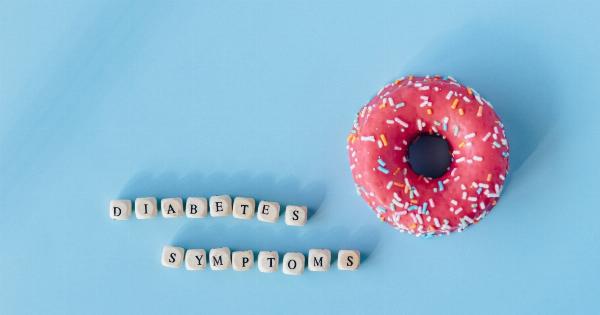Menopause is a natural stage of life that every woman goes through. It marks the end of a woman’s menstrual cycle, and typically occurs between the ages of 45 to 55.
Menopause brings about a variety of physical and emotional changes that women should prepare for in order to manage it well. However, many women are unprepared for what menopause entails. In fact, studies suggest that 80% of women feel unprepared for menopause, both physically and emotionally.
What is Menopause?
Menopause is a natural biological process that signals the end of a woman’s reproductive years. It marks the time when the ovaries stop producing eggs, and the levels of the hormones estrogen and progesterone decrease.
Menopause is diagnosed after a woman has gone a full year without having a menstrual period.
Physical Symptoms of Menopause
The physical symptoms of menopause can vary greatly from woman to woman. Some common symptoms include:.
- Hot flashes and night sweats
- Irregular periods
- Vaginal dryness and discomfort during sex
- Insomnia
- Mood swings and irritability
- Fatigue
- Memory problems
- Joint pain and stiffness
- Weight gain
Emotional Symptoms of Menopause
Menopause can also have an impact on a woman’s emotional well-being. It’s common to experience mood swings, irritability, and even depression during this time.
The changes in hormone levels can affect the production of neurotransmitters, which are chemicals in the brain that regulate mood. As a result, women going through menopause may feel more anxious and irritable than usual.
How to Prepare for Menopause
It’s important for women to prepare for menopause in order to reduce its impact. Here are some key steps women can take to prepare:.
- Learn about menopause: Women can educate themselves about menopause, its symptoms, and the various treatment options available. This can help them make informed decisions about their health during this time.
- Adopt a healthy lifestyle: Eating a balanced diet, exercising regularly, and getting enough sleep can all help to manage the symptoms of menopause. Avoiding smoking and excessive alcohol consumption is also important.
- Consider hormone replacement therapy: Hormone replacement therapy (HRT) involves taking estrogen and progesterone to replace the hormones that naturally decrease during menopause. HRT can be effective in managing symptoms like hot flashes and vaginal dryness, but it’s important to talk to a doctor about the risks and benefits.
- Explore complementary therapies: Some women find that complementary therapies like acupuncture, yoga, and meditation can help to reduce symptoms and improve their overall well-being during menopause.
Conclusion
Menopause is a natural stage of life that every woman goes through. While it can bring about physical and emotional changes, women can take steps to prepare for it and manage its impact.
By educating themselves about menopause, adopting a healthy lifestyle, and exploring various treatment options, women can make the most of this transition.






























